Why Cannondale-Drapac's survival matters
Jonathan Vaughters may be an easy target but cycling needs him and his team
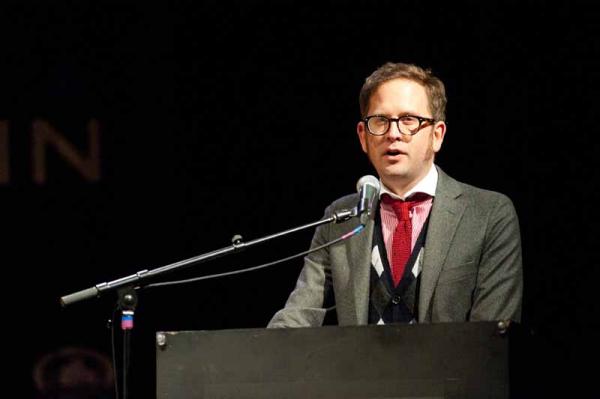
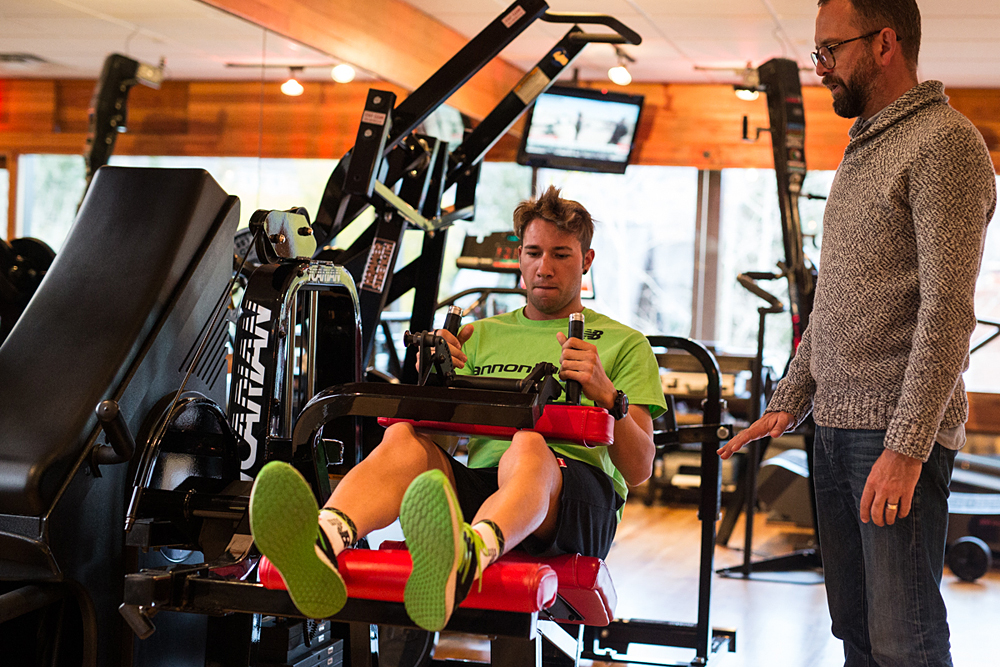
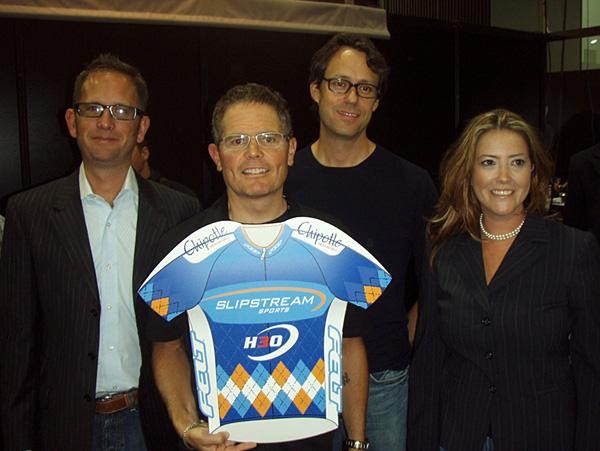
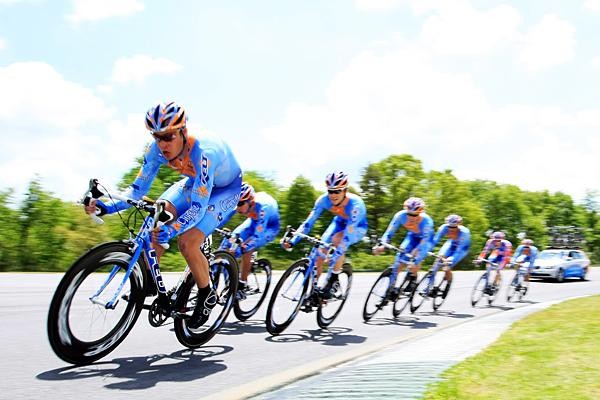
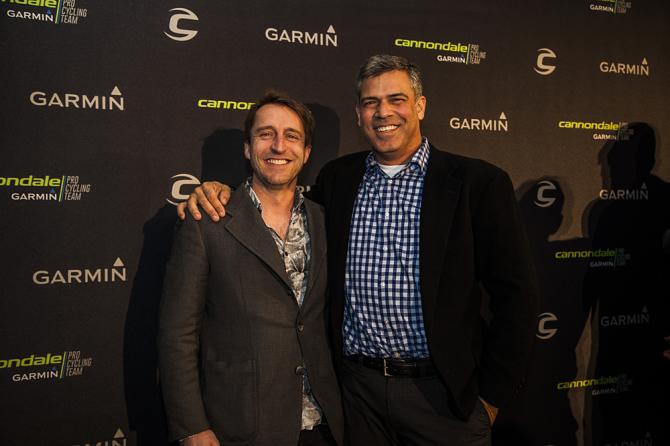
There are a few people within cycling who will be enjoying - even relishing - the plight of the cash-strapped Cannondale-Drapac team, now fighting against the clock to raise enough money to continue at WorldTour level into 2018.
That's not because they want to see riders and staff out of work, or because of any resentment at the team's recent resurgence, but because of the profile and positioning of the team's guiding light, Jonathan Vaughters.
For some, things would be a lot simpler, more straightforward, and less divisive if Vaughters and his team were out of the picture. That's not because of his commercial acumen, which for most of the time is hidden behind beard, glasses and fishing jokes, but more because of who he is and what he represents - an inconvenient truth.
If you want to find reasons to kick Vaughters, you don't have to look very far. Plenty find him too holier-than-thou, and his long-standing repentant doper schtick unconvincing. His past still hangs over him, and has proven to be an easy stick to beat him with.
His eye-opening affidavit to USADA during the Lance Armstrong investigation, revealing details of his own doping and that of others within the US Postal team, was pivotal to the debunking of Armstrong. His subsequent repositioning as an anti-doping lobbyist, who stuck by those who told the truth, was too much for some to take.
To his critics, Vaughters is not credible and neither are some - past and present - within his team. I am not the only journalist to have been taken aside by those working for rival teams to have my ear bent about his supposed hypocrisy. To them, he remains the ex-con, a rider who played with 'hot sauce', conveniently remodelling himself as a paragon of propriety. He flip-flops too easily and is a poor judge, saying one thing but doing another, sticking by riders like Tom Danielson, only to then conveniently renege on his ethical promises.
Crucially, when Danielson got popped (again) in 2015, Vaughters, who'd always maintained that if his promise of running a clean team was ever broken he'd leave the sport, opted, after some angst, to stay.
Get The Leadout Newsletter
The latest race content, interviews, features, reviews and expert buying guides, direct to your inbox!
"I'd like to disappear but that hurts quite a few good people," Vaughters tweeted. He got a good kicking for that, too, chiefly from an old friend.
"Those good people would be better off without you," replied Lance Armstrong, acidly.
And so it goes. That's the context. That, despite his intelligence and thoughtfulness, is Vaughters' place in cycling's dysfunctional family. We will always have that big stick to reach for and to beat him with. The ex-doper stick.
So why should we care about him and his team, scrapping around to raise the cash to continue?
Well, if you believe in his road to Damascus experience, his past, his imperfection, is the whole point. His experience, for better and for worse, is the very reason he should be running a team. His past is what makes him who he is and what, he claims, defines his principles.
Of his premature retirement as a rider, he says: "When I left in 2002, I wanted nothing to do with cycling any more. I was done."
It was technology entrepreneur Doug Ellis who reeled Vaughters back in. "Doug called me out of nowhere and said we should build the next American Tour de France team. I told him, 'You're nuts. You're going to lose a lot of money and not everything is as it seems'."
Vaughters explained to Ellis the harsh truths of European cycling. "Well, maybe we can change that," Ellis responded.
Most of the time, Vaughters has been willing to confront the inconsistencies of his personal history. He's not always been sure-footed; in fact, some of the time he's been clumsy and all-too human.
Vaughters, together with Ellis, has also been pivotal in the second chances of so many leading figures currently operating within cycling. For better or worse, that has been intentional and by design.
Yet every WorldTour race is now a land of second chances, from the team cars, to the commentary boxes, to the press rooms. That makes it a particular brand of hypocrisy from those who doped but who've never been caught, or forced to confess, or given testimony, who are now sneering at Vaughters' predicament.
Neither Vaughters nor Ellis ever believed in zero tolerance, but both believe in rehabilitation and education, a stance which has proven unpalatable to some but - in the context of cycling's recent history - pragmatic and realistic to others. But it's a stance that is also a hard sell.
In 2008, Vaughters was the first general manager to allow an ingrained but influential cynic to be embedded with his staff on the road. That spawned Paul Kimmage's unexpected endorsement of a team that included several high profile former dopers.
As his team has bounced around from one sponsor to the next, from Slipstream to Chipotle to Garmin to Cannondale to Drapac, that original statement of intent - that out of the valley of angst and disillusion that was Generation EPO something better and more credible could be created - has become less voluble, less focused.
But if Vaughters and his team can pull off this survival act - and it now looks more possible than this time last week - there is a need to reassert those principles, loud and clear, at a time when anti-doping voices appear to be increasingly thin on the ground.
That's the dream. The reality is that modern cycling is run on hard cash and that sponsors, particularly those that are not already within the sport, have to be seduced. And that seduction process is probably a lot easier for a team with a simple, uncomplicated image.
Ironically, he wrote of the exact situation he now finds his team in, the WorldTour's 'race to the bottom', little over a year ago on Cyclingnews.
"We are stuck in the past," Vaughters wrote presciently in 2016, "dominated by people who have huge financial interests in maintaining the status quo and keeping teams and athletes in constant, unstable, upheaval."
That's why those that are fearful of cycling becoming a closed shop, dominated by a handful of super-rich super teams devouring the best riders and the biggest races and influencing the strategies of major promoters fretting about TV revenues, fervently hope that Vaughters and his team survive.